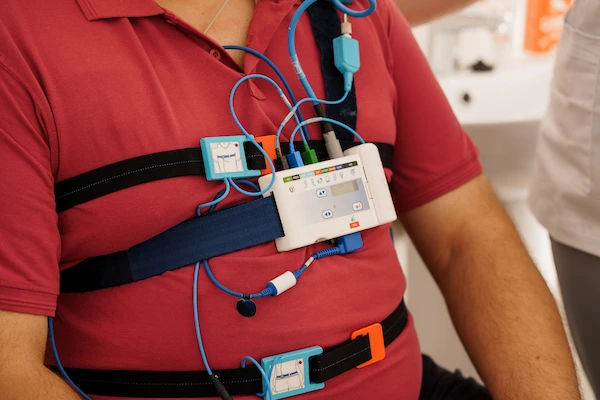- Male
- 30 Years
- 14/08/2025
I recently got an echo report showing mild tr and trivial mr but my LVEF is 70 with normal LV function. I'm a football player with no symptoms but worried about the valve leakage. Should I be concerned about the mild tr? Does this mean I need surgery or can I continue playing sports? The report says everything else is normal but I'm anxious about the leak.

More Cardiology Health Queries
View allI'm really worried about my husband. His total cholesterol is at 290 and his hemoglobin is around 17.3. Could you tell me if it's okay for him to take cholesterol-lowering meds along with ecoaspirin? Also, what can we do to lower his overall cholesterol since his HDL is only 32?
For high total cholesterol, it is advisable to start cholesterol-lowering medication. I recommend starting him on a statin medication such as Lipitor (Atorvastatin) at a dose of 20mg daily. In addition, he can take Ecospirin (Aspirin) for its antiplatelet effects. However, please consult with a doctor before starting any new medication. To help reduce his total cholesterol, it is important to also focus on lifestyle changes. Encourage him to follow a healthy diet low in saturated fats and cholesterol, engage in regular physical activity, and maintain a healthy weight. Increasing his intake of foods high in omega-3 fatty acids like fish, nuts, and seeds can also help improve his HDL levels.
Answered by 1 Apollo Doctors
I'm a bit worried about my father's health. His INR is 1.90, and I'm wondering how much warfarin he should be taking. Also, after his ECG, when should we schedule an ECG or ECO test? I'd really appreciate your guidance.
Typically, the initial dose of Warfarin is usually 2 to 5 mg per day. However, the dosage may need to be adjusted based on regular INR monitoring. As for when he should do his ECG and ECO after starting Warfarin, it is generally recommended to have these tests done regularly to monitor his heart health and the effects of the medication. It is best to consult his healthcare provider for specific guidance on the timing of these tests based on his individual health needs.
Answered by 1 Apollo Doctors
I've been feeling this needle-like pain in my left chest that started a couple of nights ago while I was asleep and it lasted about 10 minutes. Afterward, I started getting these intermittent pin-pricking pains on both sides of my chest. Now I'm even feeling some discomfort in my back and mild pains in my left shoulder and arms, which sometimes shift to the right side. Im already dealing with a breathing problem and recently noticed some chest tightness. I dont feel tired or dizzy, but I do have a stomach ulcer. I'm really worried this could be some kind of heart attack or angina. What should I do?
Neurologist opinion.
Answered by 1 Apollo Doctors
Disclaimer: Answers on Apollo 247 are not intended to replace your doctor advice. Always seek help of a professional doctor in case of an medical emergency or ailment.


.webp)